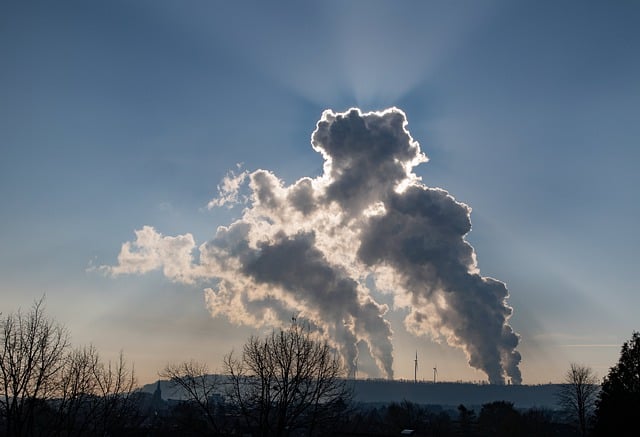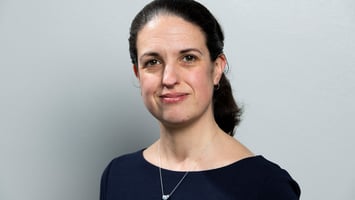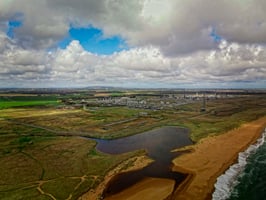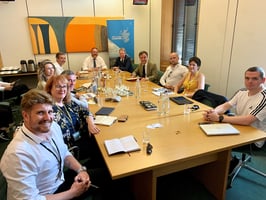25 April 2022
4th April 2022 London: Storegga, the independent UK decarbonisation developer, has today announced that it has entered into a memorandum of understanding with The EAUC, The Alliance for Sustainability Leadership in Education, to support its Direct Air Capture development in Aberdeenshire.
The EAUC, a not-for-profit, member-based charity, helps post-16 education institutions assess the different options available to decarbonise and plot a path to net zero. The Carbon Coalition, part of the EAUC, is a consortium of higher and further education institutions based in the UK and Ireland that have joined together to offset their emissions.
The EAUC, through its Carbon Coalition and Advisory Board, has selected Storegga’s proposed large scale Direct Air Capture (“DAC”) and storage facility, in North-East Scotland, to be part of its approved portfolio of carbon offsetting options. As part of the approved portfolio, Carbon Coalition members will be able to purchase credits for the permanent and verifiable removal of carbon dioxide (“CO2”) from the atmosphere through Storegga’s planned 1 MTPA DAC facility.
DAC provides a high quality and measurable way to permanently eliminate CO2 emissions from the atmosphere. It also provides a reliable way to remove CO2 emissions from the past, making it a tool to support not only net zero targets, but also ambitions to achieve net negative emissions and full climate restoration.
Nick Cooper, Chief Executive Officer at Storegga said: “It is excellent to have the EAUC endorse direct air capture. Higher education institutions now have the power to reduce their own carbon footprint and also influence the world on best practice.
“The technology sucks carbon directly out of the air, and permanently stores it, creating a reverse carbon cycle that is considered the gold standard of carbon offsetting. This previously under-appreciated technology has elbowed its way on to policy-makers agendas. The UK government is considering the necessary regulatory frameworks to make direct air capture a reality and place the UK in a world-leading position on this crucial net zero tool.”
Professor John French, Deputy Chair at EAUC, said: “It is important for the education sector to take their carbon responsibilities seriously and with more universities and colleges setting ambitious net-zero targets we need to ensure we support UK projects that are leading on cutting edge technology. The community and research elements of this project are particularly welcomed as well as supporting a just transition away from fossil fuels and reskilling in heavily oil & gas-based jobs and their communities. We look forward to enhancing the Carbon Coalition portfolio with projects such as these that share our values.” .
Using Carbon Engineering’s industrial-scale DAC technology, Storegga is planning a 1M/T per annum facility in Scotland. This is an important part of Storegga’s wider commitment to carbon removal, using DAC and permanent geological carbon storage. The strategic investment and creation of jobs* within the region enables the transfer of high value, highly skilled jobs from the oil and gas sector into the energy transition sector, supporting those in the region for decades to come.
Storegga is repurposing existing Scottish oil and gas infrastructure into low carbon net zero infrastructure, significantly reducing the carbon, cost and time involved in establishing a CO2 transport and storage system. This will position Scotland as a key region to establish a CCS and hydrogen hub, providing an opportunity for industrial areas across the UK to be able to access a reliable and flexible CO2 storage site before 2030.
Universities and colleges have an increasingly critical part to play in society as we tackle the climate and biodiversity crisis. Institutions, as pillar organisations within their communities, need to show leadership and commit to net-zero targets and embed sustainability throughout their operations, curricula and research.





